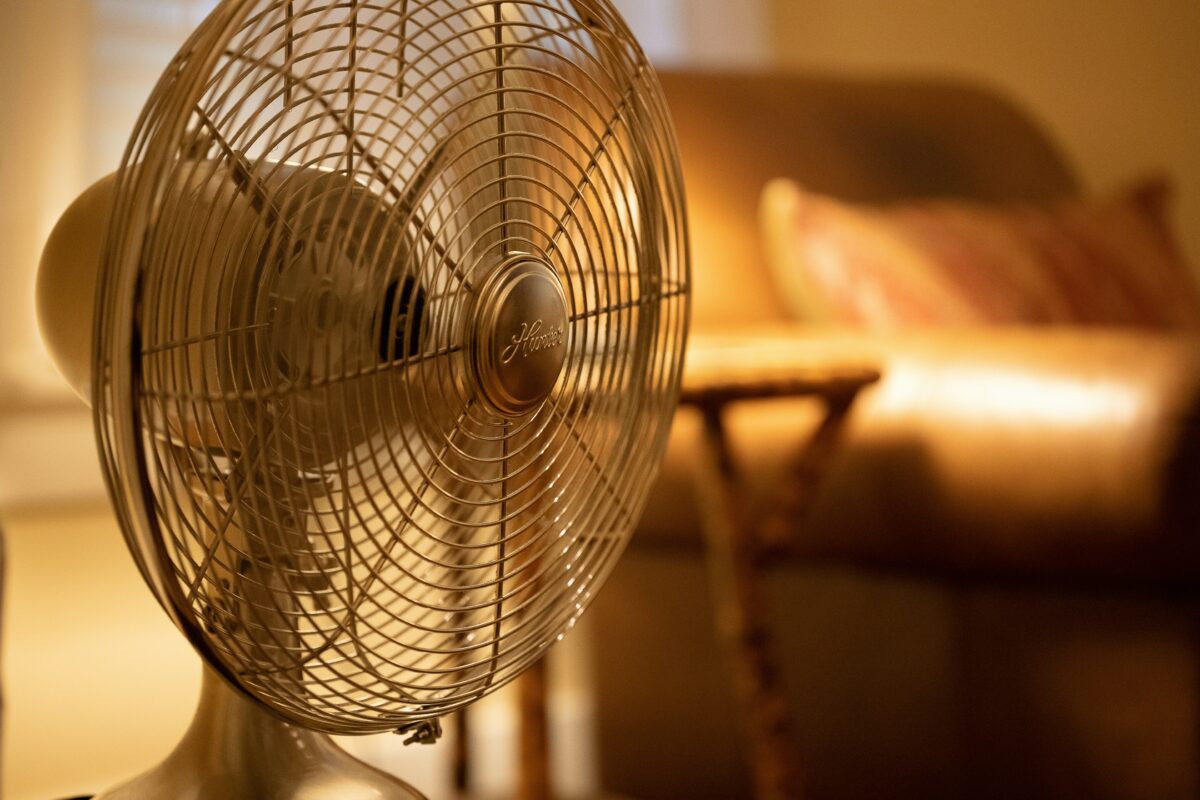Ahead of the extreme heat expected, the New Hampshire Department of Health and Human Services (DHHS) is advising residents to take precautions to stay cool and avoid heat-related illness. The National Weather Service (NWS) has issued a heat advisory on Tuesday and an excessive heat watch on Wednesday and Thursday for much of New Hampshire.
“With expected real-feel temperatures of up to 105 degrees, it’s important that we all take steps to keep cool and safe in the coming days,” said Iain Watt, Director of the DHHS Division of Public Health Services. “Check on your friends, loved ones, and neighbors, especially those who may be more vulnerable to heat.”
Extreme heat can cause heat-related illnesses, like heat stroke or heat exhaustion, which occur when the body is unable to cool itself down fast enough. While heat-related illnesses can impact anyone, older adults, young children, and people with chronic diseases are at highest risk. Symptoms of heat-related illness may include confusion, dizziness, weakness, nausea, and heavy sweating.
Fortunately, heat-related illness is preventable. Granite Staters can take the following precautions to ensure they, along with their loved ones and pets, stay cool this week and throughout the summer:
- Stay hydrated. Drink plenty of fluids. Remember to provide plenty of fresh water for pets, too.
- Don’t leave young children or pets alone in unattended vehicles. With little to no air circulation, cars can heat up quickly, even if the windows are open.
- Stay indoors or out of the sun as much as possible. If you don’t have a cool place to go, call 211 for a listing of air-conditioned cooling centers in your area.
- Check on your neighbors. Older adults and people with chronic diseases may be at higher risk of heat-related illnesses.
- Know the signs of heat-related illness. Take steps to cool anyone exhibiting symptoms down and call medical help when necessary.
- Be safe around water. If you’re cooling down in a pool or other body of water, avoid swimming alone or leaving children unattended. Even shallow water and pools are a risk for drowning.
For more information on preventing heat-related illness, please visit the Centers for Disease Control and Prevention website.









